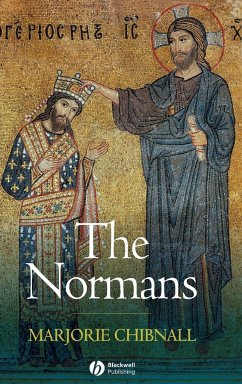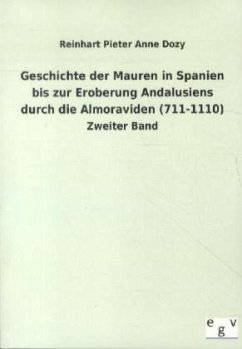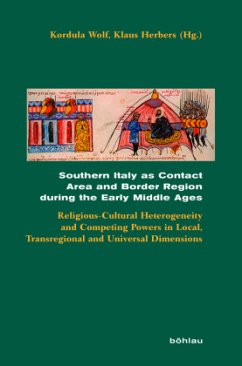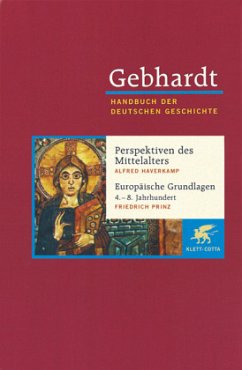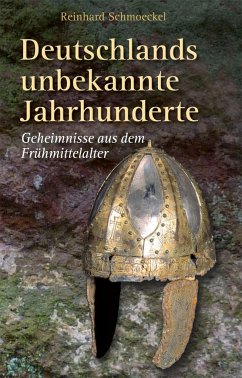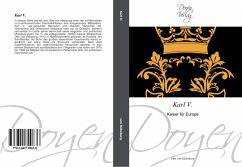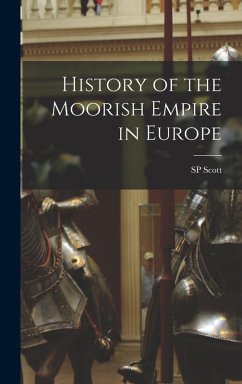
Visigothic Spain 409 - 711

PAYBACK Punkte
59 °P sammeln!
This history of Spain in the period between the end of Roman rule and the time of the Arab conquest challenges many traditional assumptions about the history of this period.Presents original theories about how the Visigothic kingdom was governed, about law in the kingdom, about the Arab conquest, and about the rise of Spain as an intellectual force.Takes account of new documentary evidence, the latest archaeological findings, and the controversies that these have generated.Combines chronological and thematic approaches to the period.A historiographical introduction looks at the current state o...
This history of Spain in the period between the end of Roman rule and the time of the Arab conquest challenges many traditional assumptions about the history of this period.
Presents original theories about how the Visigothic kingdom was governed, about law in the kingdom, about the Arab conquest, and about the rise of Spain as an intellectual force.
Takes account of new documentary evidence, the latest archaeological findings, and the controversies that these have generated.
Combines chronological and thematic approaches to the period.
A historiographical introduction looks at the current state of research on the history and archaeology of the Visigothic kingdom.
Presents original theories about how the Visigothic kingdom was governed, about law in the kingdom, about the Arab conquest, and about the rise of Spain as an intellectual force.
Takes account of new documentary evidence, the latest archaeological findings, and the controversies that these have generated.
Combines chronological and thematic approaches to the period.
A historiographical introduction looks at the current state of research on the history and archaeology of the Visigothic kingdom.





